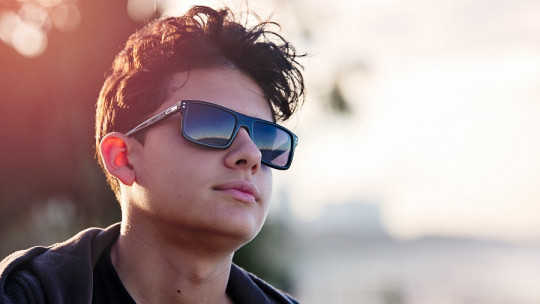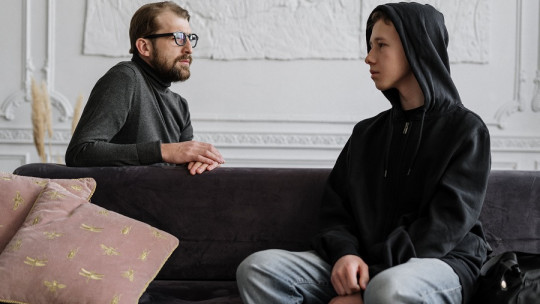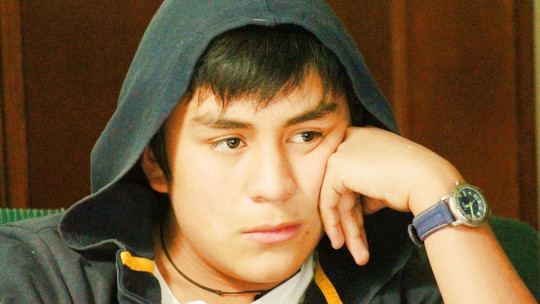
Adolescence is in many cases a difficult time of life to manage, both for the adolescent himself and for his parents.
It is clear that each case is unique, but in general, the changes in the main referents of these young people (from being parents to being people of the minor’s age) and the tendency to impulsivity and experimentation complicate the fact of generate discipline at home, but in any case it is not impossible.
In this article you will find relatively simple tips to know how to encourage discipline in the behavior of a teenager making it easier to take into account standards of conduct.
How to raise and educate to generate discipline in a teenager?
Although cases of greater conflict and coexistence problems require the support of a psychologist, many times this is not necessary. These tips will help you create the optimal conditions for your adolescent son or daughter to develop a greater tendency toward discipline.
1. Avoid labels and focus on correcting behaviors
Rules have their reason for encouraging certain patterns of behavior and discouraging others. In this sense, It is very important that when the adolescent does not comply with the rules, you direct your criticism towards his behavior, and not towards his identity or his essence as a person This involves not using adjectives and labels such as “you have to stop being impulsive” or “you are too quarrelsome,” and focusing on the specific behaviors that you tend to reproduce and that are a problem. If not, you will be encouraging your self-concept to remain linked to those adjectives, and think of yourself in those terms, leading you to throw in the towel before trying to change.
2. Establish realistic norms adapted to their age
The goals to be achieved through compliance with the standards must be realistic, maintaining a balance between what he or she does spontaneously without trying to modulate his or her behavior, on the one hand, and an ideal, unattainable version of him or her, on the other If the objectives you set for him are too difficult taking into account his abilities and level of psychological development, he will become frustrated and stop trying to comply with those standards, probably getting rid of many of them en masse.
3. Explain the reason for these rules
In order for him to internalize the rules to follow and create discipline at home, it is necessary that he understand the reason for these, since otherwise he will consider them only an imposition and will disobey them whenever possible if it is worth it. Therefore, consider the needs that are covered by this system of standards to be met, trying to avoid arguments that are too abstract or based only on the description of values: Also teach him the practical advantages of not disobeying those rules and of living in an environment in which others also follow certain patterns of behavior so as not to harm others.
4. Reinforcements and punishments should be short-term
There should not be much time between giving rewards (physical or symbolic) and punishments after positive or negative behavior. Thus, The memory of the experience that led to those consequences is fixed in memory in a more consistent way, along with what was experienced during the reward or punishment In any case, forms of punishment that involve physical pain must be totally avoided.
5. Set an example
To show how important it is to respect the rules, we must act accordingly You don’t have to be perfect in everything, but you do have to try not to break those rules that have been explicitly formulated and that shape the model of coexistence that is sought at home.
Are you looking for professional psychological support?
If you are looking for psychotherapy services for yourself or your son or daughter, contact our professionals. From Cribecca Psychology We offer psychological intervention services for children, adolescents and adults, and our sessions can be in person at our psychotherapy center in Seville, or online through video calls.








